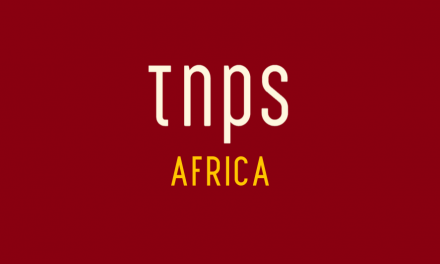If you’re one of those who like to believe Latinos don’t read, then do yourself a favour and don’t read this.
After all, it’s far easier to not think about maximising distribution and sales and looking into Spanish and Portuguese translations to grab a share of the lucrative Ibero-American book market.
On the other hand, you may want to ask how comfortably the Latinos don’t read narrative sits with the small fact that the Buenos Aires International Book Fair in Argentina gets 1.2 million visitors each year. Next BAIBF will be April 26 – May 14 2018. Yeah, a 20-day long book fair on the continent where nobody reads.
In March 2017 Buenos Aires celebrated the tenth year of its Night of the Bookstores, when the city’s bookstores stay open until after midnight to celebrate books and culture, with restaurants and bars getting in on the act. The image below is from the 2016 incarnation.

Buenos Aires Night of the Bookstores 2016. Image: News.CN
Centred on Corrientes Street, the annual event gets tens of thousands of visitors. Obviously all there for the food and drink, because as we all know, Latinos don’t read.
So we can only hazard a wild guess as to why Buenos Aires is not only the capital of Argentina but also the book capital of the world.
With a population of around 2.8 million, Buenos Aires has at least 734 bookstores – roughly 25 bookshops for every 100,000 inhabitants. Worldwide, only Hong Kong comes close, with 22 bookshops per 100,000, followed by Madrid in a distant third with just 16 and compared to a mere 10 bookshops for every 100,000 for London.
At which point you may be wondering why the headline for this post is Uruguay’s Night of the Bookstores.
That will be because this Friday Uruguay held its first Night of the Bookstores event, which was complimented by late-night events from Montevideo’s Cultural Center of Spain, the Photography Center of Montevideo, the National Library and the Faculty of Architecture, Design and Urbanism, and much more.
In the bookstores was a mushroom tasting (don’t ask) and a discussion of “The resurgence of horror and science fiction genres in the national narrative”, with the writers Renzo Rosello, Rodolfo Santullo and Elvio Gandolfo, along with a special first-editions display, poetry readings every hour, and a choir.
A full overview of events can be found here.
Ebooks have been slow to gain traction in Uruguay, with just one significant local player, BajosLibros UY, and localised ebook stores from Apple and Google Play. For Amazon and Kobo readers will be sent to the respective US stores.
With just 3.5 million people and 2.4 million internet users, Uruguay’s ebook potential should be seen in the context of the wider Latin American market. Latin America has more internet users than the USA, and just two main languages, Spanish and Portuguese.
Apple, Google Play and BajaLibros all manage to run localised stores across the region. Maybe Amazon and Kobo will one day soon.




